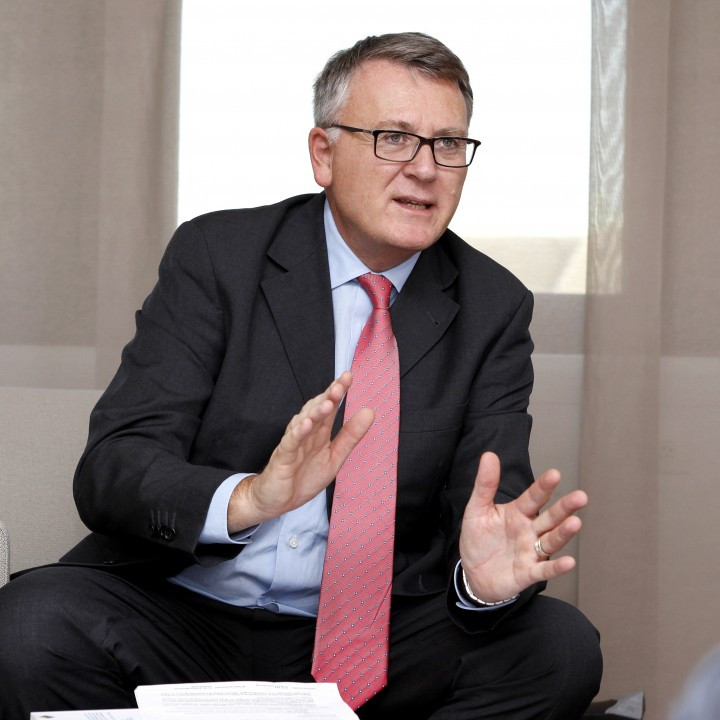Minister for employment Nicolas Schmit replied to a parliamentary question by Octavie Modert and Marc Spautz. He wrote that Luxembourg agrees with the Maltese EU presidency that the rates for allocations on travel expenses, housing, and food for a posted worker should be included in the directive, and that domestic legislation and collective agreements should apply to posted workers from the first day of the posting.
Long term posting
The European Commission proposal suggested that if a posting is longer than 24 months, the host member state should be considered the country of work. Luxembourg argued that this should happen after 6 months. In order to get an agreement, Luxembourg, along with other member states, has proposed to reduce the period of the long-term posting to 12 months within a reference period of 24 months.
Collective agreements
The commission proposed to extend national legislation and collective agreements to posted workers in all economic sectors. Luxembourg already chose to do this in 2002, with the exception of the merchant navy.
Subcontracting
The Luxembourg government wanted to keep the commission proposal relating to subcontracting in the text, but the Maltese and Estonian presidencies decided to take this out.
Interim workers
The commission proposed to introduce the principle of equality of treatment between interim workers and their colleagues. Schmit wrote that while Luxembourg considers that interim work is not consistent with the objective of posting and is at the origin of many frauds, it can nevertheless rally to the proposal.
There is disagreement in the council whether the international transport sector should be excluded. Luxembourg is in favour of including the sector in the reform.
The minister also said he hoped the directive, to be adopted by a qualified majority in the council of ministers, would be voted on by the end of this year.
